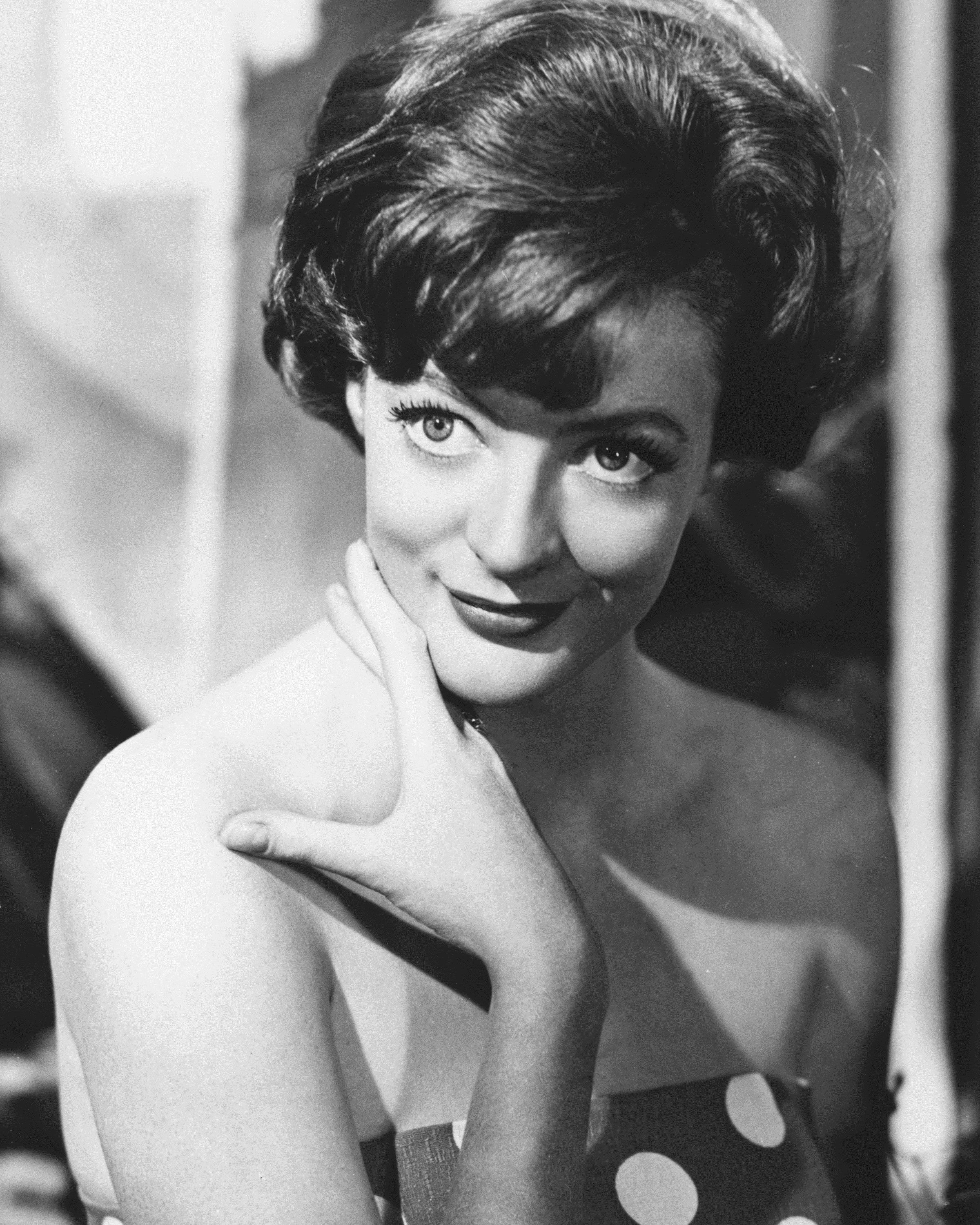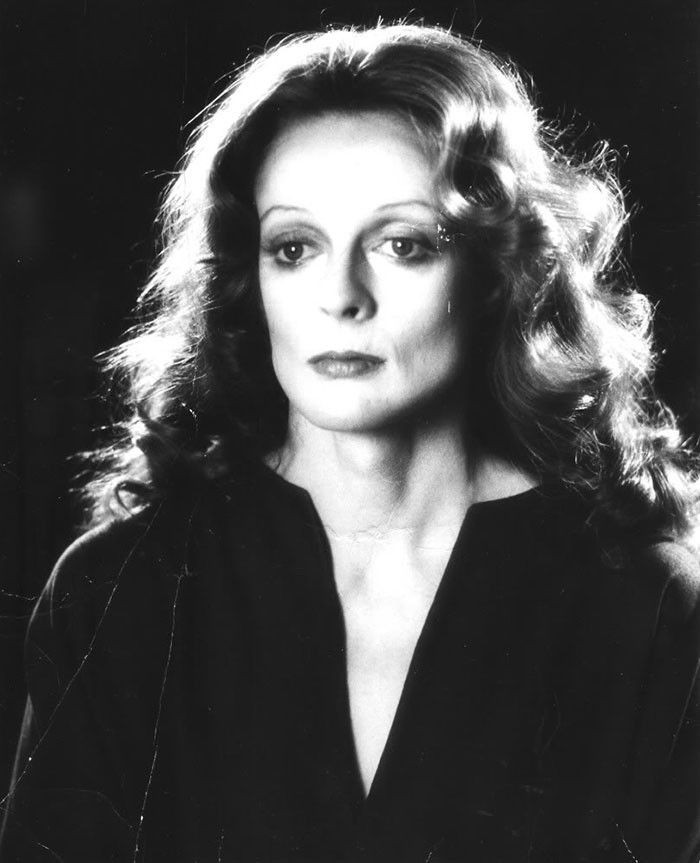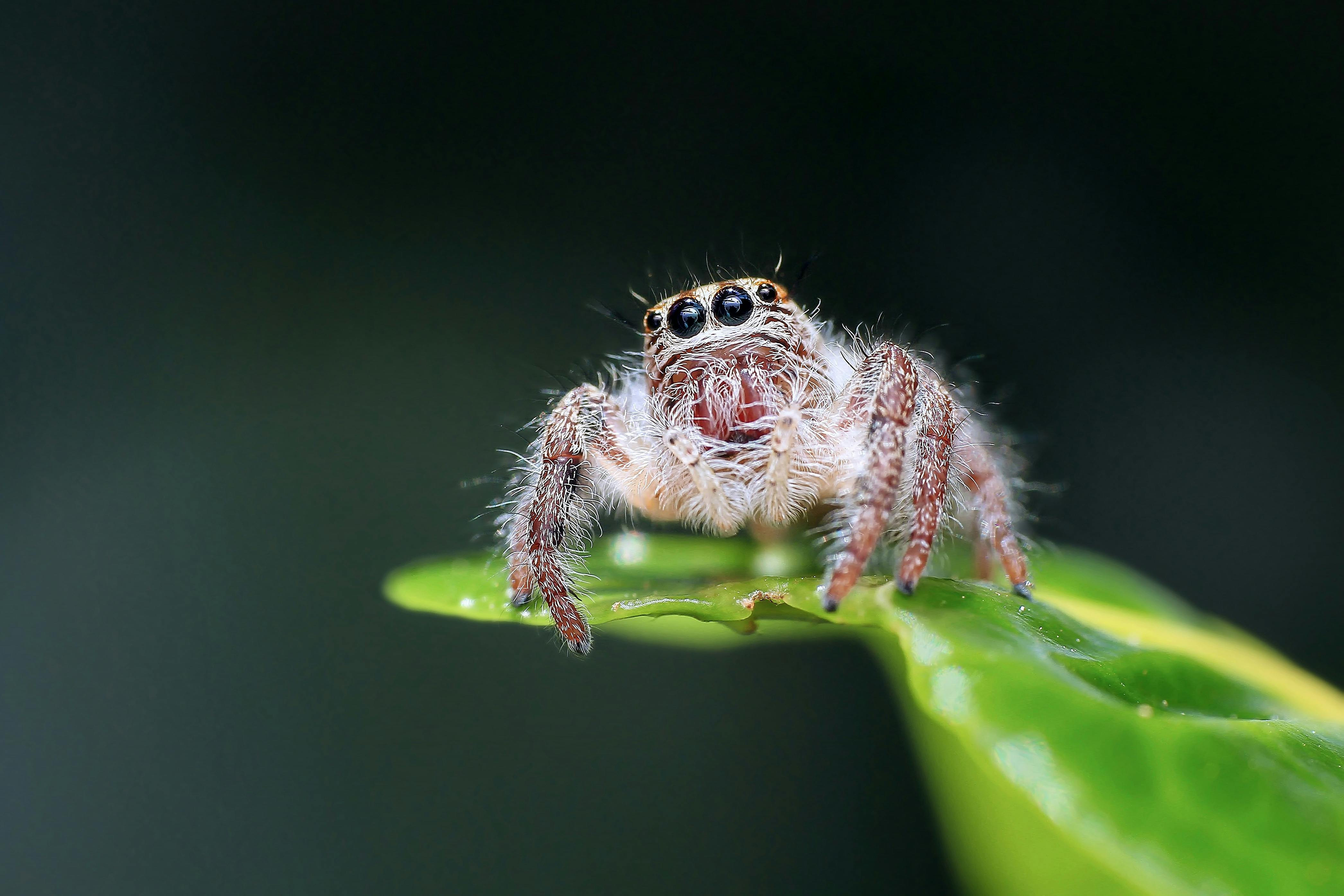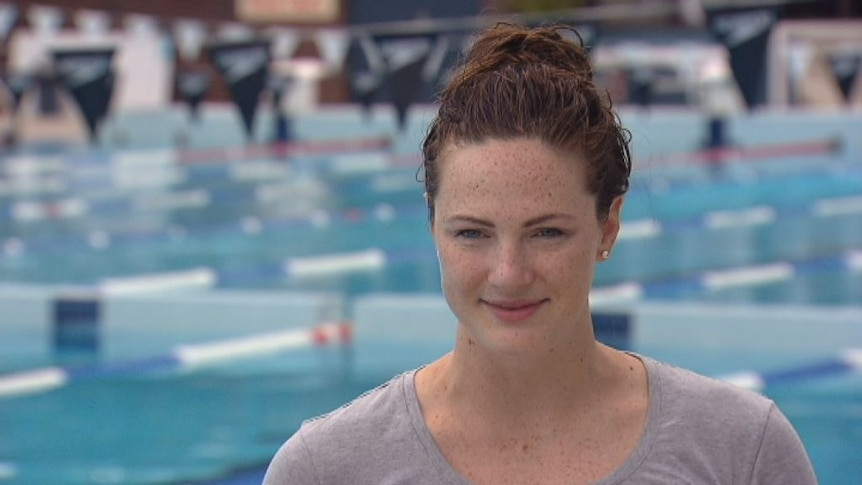A legend of British stage and screen, she won two Oscars during her career - for The Prime of Miss Jean Brodie in 1970 and California Suite in 1979.
She had four other nominations, and received seven Bafta awards.
Leading the tributes, Prime Minister Keir Starmer said Dame Maggie "was beloved by so many for her great talent, becoming a true national treasure whose work will be cherished for generations to come".
In the Harry Potter films, Dame Maggie played the acerbic Professor Minerva McGonagall, famous for her pointed witch's hat and stern manner with the young wizards at Hogwarts.
In hit ITV drama Downton Abbey, she played Violet Crawley, the Dowager Countess of Grantham, the grand matriarch who excelled at withering one-liners through the show's six series.
A statement from her sons Toby Stephens and Chris Larkin said: "It is with great sadness we have to announce the death of Dame Maggie Smith.
"She passed away peacefully in hospital early this morning, Friday 27th September.
"An intensely private person, she was with friends and family at the end. She leaves two sons and five loving grandchildren who are devastated by the loss of their extraordinary mother and grandmother."
They thanked "the wonderful staff at the Chelsea and Westminster Hospital for their care and unstinting kindness during her final days".
They added: "We thank you for all your kind messages and support and ask that you respect our privacy at this time."
Tributes were also paid by her co-stars.
Hugh Bonneville, who appeared in Downton Abbey, said: “Anyone who ever shared a scene with Maggie will attest to her sharp eye, sharp wit and formidable talent.
"She was a true legend of her generation and thankfully will live on in so many magnificent screen performances. My condolences to her boys and wider family."
Dame Maggie also reprised her role for the two Downton Abbey films.
Downton followed the success of 2002 period drama Gosford Park, which earned Dame Maggie both Oscar and Bafta nominations for playing Dowager Countess of Trentham.
In his statement on Friday, the prime minister said Dame Maggie "introduced us to new worlds with the countless stories she acted over her long career".
"Our thoughts are with her family and loved ones. May she rest in peace," he wrote.
Dame Kristin Scott-Thomas, who starred alongside Dame Maggie in 2005's Keeping Mum and 2014's My Old Lady, said she "took acting very seriously but saw through the nonsense and razzmatazz".
"She really didn’t want to deal with that," Dame Kristin added.
"She had a sense of humour and wit that could reduce me to a blithering puddle of giggles. And she did not have patience with fools. So you had to be a bit careful. I absolutely adored her.
"The last time I saw her, she was very cross about being old. 'Maddening' I think she said. Much loved, much admired and irreplaceable."
A National Theatre spokesperson said her career "spanned the theatrical, film and television world without equal".
Praising her stage performances, the statement added: "She will forever be remembered as one of the greatest actors this country has had the inestimable pleasure of witnessing.
"Her deep intelligence, effortless dexterity, sublime craft and sharp wit were simply legendary."
Bafta added that she was a "legend of British stage and screen", praising her five competitive Bafta wins, plus the special award and fellowship she received from the organisation.
Dame Maggie's career spanned eight decades, with early acclaim coming when she gained her first Bafta nomination for Nowhere to Go in 1958.
In 1963, she was offered the part of Desdemona in Othello at the National Theatre by Laurence Olivier, and two years later it was made into a film and Smith was nominated for her first Oscar.
The actress's other memorable roles included 1985 Merchant Ivory film A Room With a View, in which she played the chaperone Charlotte Barlett, accompanying Helen Bonham Carter's Lucy Honeychurch to Italy.
The role earned her another Oscar nomination and a Bafta.
And along with another national treasure, Dame Judi Dench, she appeared as an English woman living in 1930s Italy in the film Tea with Mussolini, which was released in 1999.
The two dames also shared screen time in A Room With a View and The Best Exotic Marigold Hotel.
Dame Maggie played the firm but fair Reverend Mother in the two Sister Act films, starring Whoopi Goldberg as nightclub singer Doloris Wilson, who takes refuge from the mob in San Francisco by posing as a nun in a local convent.
Goldberg called Dame Maggie "a great woman and a brilliant actress", adding: "I still can’t believe I was lucky enough to work with the 'one-of-a-kind'."
Rob Lowe, who starred with Dame Maggie in 1993's Suddenly, Last Summer, recalled "the unforgettable experience of working with her".
"Sharing a two-shot was like being paired with a lion," he said.
"She could eat anyone alive, and often did. But funny, and great company. And suffered no fools.
"We will never see another. God speed, Ms Smith!"
The veteran actress also played the old woman who spent 15 years living in a van outside Alan Bennett’s house in a film adaptation of the writer’s The Lady in the Van in 2015.
Her final roles included 2023’s The Miracle Club, which follows a group of women from Dublin who go on a pilgrimage to the French town of Lourdes, co-starring Kathy Bates and Laura Linney.
Here are some of Maggie Smith's most celebrated and revered performances.
Dame Maggie Smith spoke to Graham Norton about how her role as Professor McGonagall brought her to the attention of a younger generation.
Dame Maggie Smith, star of the Harry Potter films and Downton Abbey, has died at the age of 89.
One of Britain's best loved performers who was as much at home with comedy as with drama.
Tom Paul Martin's work has been shared by Sir Paul McCartney and Sam Smith, but now it's coming home.
Copyright 2024 BBC. All rights reserved. The BBC is not responsible for the content of external sites. Read about our approach to external linking.
Dame Maggie Smith played the formidable Dowager Countess of Grantham in Downton Abbey
It was said of her that she never took a role lightly and would often be pacing around at rehearsals going over her lines while the rest of the cast was on a break.
In a profession notorious for its uncertainties her career was notable for its longevity.
She made her acting debut in 1952 and was still working six decades later having moved from aspiring star to national treasure.
Acting legend Dame Maggie Smith dies at 89
Follow live: Tributes to Dame Maggie Smith
Margaret Natalie Smith was born in Ilford, Essex, on 28 December 1934, the daughter of a pathologist.
With war looming the family moved to Oxford and the young Maggie attended the Oxford School for Girls.
She started out in the theatre as a prompt girl and understudy at the Oxford Repertory. She once claimed that she never got onto the stage while she was there because no-one in the company ever fell ill.
Her company moved to a small theatre in London in 1955 where she attracted the attention of an American producer, Leonard Stillman, who cast her in New Faces, a revue that opened on Broadway in June 1956.
By the mid-1960s she was an established stage actress
She stood out among the cast of unknowns and, on her return to London, was offered a six-month stint in the revue Share My Lettuce opposite Kenneth Williams.
Her first film role was an uncredited part in the 1956 production Child in the House.
Two years later she was nominated for a Bafta as best newcomer in the 1958 melodrama Nowhere to Go, in which she played a girl who shelters an escaped convict.
The Times, describing her role in the hit London production of Mary Mary in 1963, said that she was "the salvation of this fluffy Broadway comedy".
She nearly stole the show from Richard Burton in the film The VIPs when she appeared in a pivotal scene with the Welsh star.
One critic noted that "when Maggie Smith is on the screen, the picture moves," and Burton afterwards teasingly described her upstaging of him as "grand larceny".
Later in 1963, Laurence Olivier offered her the part of Desdemona opposite his Othello, at the National Theatre. The production, with the original cast, was made into a film two years later, with Smith being nominated for an Academy Award.
The role which brought her international fame came in 1969 when she played the determinedly non-conformist teacher in The Prime of Miss Jean Brodie.
The role of Jean Brodie, alongside future husband Robert Stephens, won her an Oscar
The part won her a best actress Oscar.
She also married her co-star Robert Stephens.
The actress continued with the National Theatre for another two years including a performance as Mrs Sullen in the Restoration comedy The Beaux' Stratagem in Los Angeles.
She received another Oscar nomination for best actress after playing Aunt Augusta in the George Cukor film, Travels With My Aunt, in 1972.
She and Stephens divorced in 1975, and a year later she was married to the playwright, Beverley Cross, and also moved to Canada and spent four years in a repertory company where she took on weightier roles in Macbeth and Richard III.
One critic, writing of her performance as Lady Macbeth, decided she had "merged her own vivid personality with that of her charismatic subject".
Despite her success she was modest about her achievements, stating simply that "One went to school, one wanted to act, one started to act, and one's still acting."
She continued to work in the cinema playing opposite Peter Ustinov in the 1978 film, Death on the Nile and, in the same year, the part of Diana Barrie in Neil Simon's California Suite.
She won critical acclaim for her role as Betsey Trotwood in a BBC adaptation of David Copperfield
The 80s saw a number of memorable cinema performances, and more awards including Baftas for A Private Function and A Room With A View, the latter also garnering her a Golden Globe and an Oscar nomination.
There were more Baftas, first for her interpretation of the ageing alcoholic in The Lonely Passion of Judith Hearne and then in Bed Among The Lentils, one of Alan Bennett's Talking Heads series for the BBC.
It was back to the stage in 1987 in Lettice and Lovage at the Globe Theatre in London before the production transferred to New York. But her run was interrupted after she suffered a bicycle accident and then learned she would need eye surgery.
When she finally resumed work on Lettice and Lovage, after a 12 month break, her New York performance won her a Tony.
In 1990 she was created DBE and, a year later, appeared as the ageing Wendy in Hook, Stephen Spielberg's sequel to Peter Pan.
Other films followed including Sister Act, alongside Whoopi Goldberg, and The Secret Garden for which she was nominated for a Bafta.
The new century brought a Bafta and an Emmy nomination for role as Betsey Trotwood in the BBC production of David Copperfield.
A year later, she appeared as Professor McGonagall in Harry Potter and the Philosopher's Stone, a role she would reprise in all of the subsequent Potter movies.
Her role in the Harry Potter franchise brought her to a new generation of film fans
She was, reportedly, the only performer the author JK Rowling specifically asked for, bringing a small touch of Miss Jean Brodie to Hogwarts.
In 2004 she appeared with her long time friend and fellow Dame Judi Dench, in the gentle drama Ladies in Lavender.
The New York Times decided that Smith and Dench "sink into their roles as comfortably as house cats burrowing into a down quilt on a windswept, rainy night".
Two years later she was the cash-strapped Countess of Trentham in Gosford Park, Robert Altman's take on the English country house murder.
Her performance was a delight, with a veneer of snobbery from which would emerge the masterly put down, particularly in the case of Mr Novello's failed movie.
It was a role that she arguably reprised in all but name when she was cast in ITV drama, Downton Abbey. The name of her character may have changed to the Dowager Countess of Grantham but the performance was similar in essence.
"It's true I don't tolerate fools, but then they don't tolerate me, so I am spiky," she once said. "Maybe that's why I'm quite good at playing spiky elderly ladies."
She remained with the Downton Abbey cast until 2015 when the series finally came to an end, reprising the role for two films in 2019 and 2022.
In 2007, while filming Harry Potter and The Half-Blood Prince she was diagnosed with breast cancer. She was given the all-clear after two years of treatment.
Despite being left feeling weak after her illness, she went on to star in the final Harry Potter film and received a Bafta nomination for her role in the 2012 film, The Best Exotic Marigold Hotel.
In 2015 she gave a moving performance in the film, The Lady in the Van, based on the true tale of Mary Shepherd, an elderly woman who lived in a dilapidated van on the writer Alan Bennett's driveway in London for 15 years.
She had previously appeared in the stage version of the story, for which she won an Olivier for Best Actress, and a 2009 BBC Radio 4 adaptation of Bennett's play.
Dame Maggie gave few interviews but she was once asked to define the appeal of acting. "I like the ephemeral thing about theatre, every performance is like a ghost - it's there and then it's gone."
Actress Dame Maggie Smith dies aged 89
Watch: Jean Brodie, Prof McGonagall and other classic roles Dame Maggie brought to life
Explosions in Beirut after Netanyahu vows to keep fighting Hezbollah
From small stage to big screen, Dame Maggie's moving performances always stole the show
They were arrested for posting during the riots – will it change anything?
Female players finally get management moment in video games
Island mourns Shawn Seesahai machete murder 4,000 miles away
'Rape me, not my daughter' - women tell BBC of sexual violence in Sudan's civil war
Ros Atkins on... Why the US election is crucial to Ukraine
Weekly quiz: How did Pesto the baby penguin make a splash?
BBC reporter's 'ill-looking' AI clone fails to fool colleagues
Politics Essential: Get the latest news and analysis delivered to your inbox every weekday
The inside story of the CIA
New audio drama series starring Kim Cattrall and Ed Harris
Elizabeth Taylor: Icon, business woman, activist
This is her story, told by family and friends, including Kim Kardashian and Joan Collins
Can slugs really be repelled?
Do egg shells, copper tape and wool pellets actually work?
Who will dazzle Mama Ru, and who will ‘sashay away’?
A hot new cast of queens enter the werk room as RuPaul kicks off his legendary race
© 2024 BBC. The BBC is not responsible for the content of external sites. Read about our approach to external linking. Notifications can be managed in browser preferences.
Please refresh the page or navigate to another page on the site to be automatically logged inPlease refresh your browser to be logged in
Giant of stage and screen was one of Britain’s most successul stars
Find your bookmarks in your Independent Premium section, under my profile
Our mission is to deliver unbiased, fact-based reporting that holds power to account and exposes the truth.Whether $5 or $50, every contribution counts.Support us to deliver journalism without an agenda.
Louise Thomas
Editor
Dame Maggie Smith, the beloved British star of stage and screen, has died, aged 89.
Tributes are pouring in from the world of entertainment after Smith’s death was announced on Friday (27 September) by her sons Toby Stephens and Chris Larkin, who said: “It is with great sadness we have to announce the death of Dame Maggie Smith. She passed away peacefully in hospital early this morning.
“An intensely private person, she was with friends and family at the end. She leaves two sons and five loving grandchildren who are devastated by the loss of their extraordinary mother and grandmother.
“We would like to take this opportunity to thank the wonderful staff at the Chelsea and Westminster Hospital for their care and unstinting kindness during her final days.
“We thank you for all your kind messages and support and ask that you respect our privacy at this time.”
Popular with audiences for more than 60 years, Smith gave life to a host of memorable characters, from Muriel Spark’s passionate Edinburgh girls’ school teacher Jean Brodie, in The Prime of Miss Jean Brodie, to Professor Minerva McGonagall in the Harry Potter series and Violet Crawley in ITV drama Downton Abbey.
Her other film hits include the Sister Act franchise and Steven Spielberg’s Hook.
Over her career, Smith worked with theatrical greats including Sir Laurence Olivier, Sir John Gielgud, Alan Bennett and Dame Judi Dench, while maintaining a prolific film and television presence from the 1960s onwards.
The actor was born Margaret Natalie Smith on 28 December 1934 in Ilford, Essex, the youngest child of Nathaniel Smith, a pathologist and laboratory technician from Newcastle upon Tyne, and Margaret Hutton, a Glaswegian secretary, who had fallen in love after meeting on a train to London.
The family relocated to Oxford when their daughter was four. She soon won a scholarship to Oxford High School and, despite a frustrating failure to win parts in school plays – because she was considered “too common”, Smith later alleged – quickly resolved to become an actress, just as her elder twin brothers Alistair and Ian had decided equally emphatically to dedicate themselves to careers in architecture.
In 1952, when she was 17, she took a job as an assistant stage manager at the Oxford Playhouse, which she later complained had amounted to little more than “making endless cups of tea and playing maids” but which had also seen her make her debut as Viola in Twelfth Night before appearing in such plays as Cinderella, Rookery Nook, Housemaster, W Somerset Maugham’s Cakes and Ale and The Letter and Nikolai Gogol’s The Government Inspector.
Watch Apple TV+ free for 7 days
New subscribers only. £8.99/mo. after free trial. Plan auto-renews until cancelled
Watch Apple TV+ free for 7 days
New subscribers only. £8.99/mo. after free trial. Plan auto-renews until cancelled
In 1956, she went to New York City to make her Broadway debut playing several parts in the revue New Faces of ’56 at the Ethel Barrymore Theatre before returning to London the following year to star in the musical comedy Share My Lettuce.
Here she played opposite Kenneth Williams, who would remain a lifelong friend with whom she would appear again, to award-winning effect, in the Peter Shaffer two-parter The Private Ear and the Public Eye at The Globe in 1962.
“She is so singular, a unique actress,” Williams would later say of his co-star, praising her hard work in rehearsals and remembering with particular relish a sketch in which she had played a hostess encouraging her guests to join in a round of party games while artfully swinging a string of beads around her neck and midriff and back again without losing them, a trick only mastered through hours of practice.
Her real stage breakthrough arrived that same year when she was invited by Lord Olivier to join his company at the National Theatre, Sir Laurence having been impressed after seeing her in William Congreve’s The Double-Dealer at The Old Vic, where she had also completed a trio of Shakespeare plays.
She would stay at the National for eight years, enjoying a remarkable run from 1963 to 1965 in particular when she starred in George Farquhar’s The Recruiting Officer, played Desdemona in Othello and appeared in Henrik Ibsen’s Master Builder, Noel Coward’s Hay Fever and Much Ado About Nothing.
However, her relationship with Sir Laurence was often tense and in danger of boiling over into outright rivalry. She later revealed that he had once slapped her in a rehearsal for Othello and criticised her diction, to which she pointedly replied in perfectly crisp vowels, having waited until he was in makeup to play the Moor: “How now, brown cow?”
Nevertheless, the 1965 film version, which gave screen debuts to future knights Michael Gambon and Derek Jacobi, secured Oscar nominations for both of its stars.
Prior to that, Smith had made her uncredited movie debut in Child in the House (1956) but was Bafta-nominated for her first screen role proper, Nowhere to Go (1958), an atypical Ealing crime drama.
Her other screen appearances in the 1960s included roles in the comedy Go to Blazes and Jack Clayton’s adaptation of Penelope Mortimer’s The Pumpkin-Eater (both 1962), the Terence Rattigan-penned The VIPs (1963), Jack Cardiff’s Sean O’Casey biopic Young Cassidy and the American capers The Honey Pot (1967) and Hot Millions (1968), the former directed by Joseph L Mankiewicz and starring Rex Harrison.
She was part of the impressive ensemble cast of Richard Attenborough’s satirical musical O What a Lovely War! in 1969, the same year in which she played the title role in Ronald Neame’s film of The Prime of Miss Jean Brodie, a part that would define her in the public imagination forever afterwards.
Smith was perfectly cast as Spark’s imperious, influential teacher, whose pupils idolise her, not always wisely, and may have taken inspiration from her own mother, at least in accent. She was rewarded with the Academy Award for Best Actress for her performance and would appear in another Spark adaptation, Memento Mori, in 1992.
Smith married during this period, wedding fellow actor Robert Stephens on 29 June 1967, with whom she would go on to have two sons: Chris Larkin (born 1967) and Toby Stephens (1969). They too would grow up to join the family business.
After starring in Farquhar’s The Beaux’ Stratagem and the great Swedish director Ingmar Bergman’s London production of Ibsen’s Hedda Gabbler in 1970, she picked up another Academy Award nomination for her work in the veteran George Cukor’s Travels with My Aunt (1972) and appeared in Alan J Pakula’s Love and Pain and the Whole Damn Thing (1973).
Smith subsequently played Peter Pan at the London Coliseum before returning to Broadway in 1975 to play opposite her husband in Coward’s Private Lives, directed by Sir John Gielgud. The stormy relationship between the central characters all too closely echoed that between Smith and Stephens and they would separate that same year.
She was quickly remarried to the playwright Beverley Cross on 23 June 1975. The pair moved to Canada, collaborating on a string of productions at Ontario’s Stratford Shakespeare Festival (1976-80) and remained together until his death in 1998.
Her other films of the 1970s included two by Neil Simon, the ensemble whodunit spoof Murder By Death (1976) and California Suite (1978), for which she won her second and final Oscar, this time named Best Supporting Actress. She also appeared in the Agatha Christie adaptation Death on the Nile (1978) and returned for a follow-up four years later, Evil Under the Sun (1982), both of which starred Peter Ustinov as Hercule Poirot.
In between, she made Quartet (1981), inspired by Jean Rhys’s novel of the same name, and played Thetis in Clash of the Titans (1981), remembered for Ray Harryhausen’s celebrated stop-motion effects.
The mid-1980s brought Smith’s first screen collaborations with her friends Alan Bennett and Dame Judi Dench: she appeared in A Private Function (1984) scripted by the former and starred with the latter in the Merchant Ivory production of EM Forster’s A Room with a View (1985), securing a fifth Oscar nomination for her turn as Charlotte Bartlett.
She would later triumph in a celebrated 1988 instalment of Bennett’s television monologues Talking Heads (“A Bed Among the Lentils”) and on both stage and screen as Miss Shepherd in his The Lady in the Van . She would appear with Dench in Tea with Mussolini (1999), David Hare’s play The Breath of Life (2002), Ladies in Lavender (2004) and The Best Exotic Marigold Hotel (2012) and its 2015 sequel.
The early 1990s saw Smith make a number of memorable appearances in hit American films, from playing the older Wendy Darling in Steven Spielberg’s Hook (1991) to her role as a disapproving Mother Superior opposite Whoopi Goldberg’s undercover lounge singer in Sister Act (1992).
Further literary adaptations followed, including roles in The Secret Garden (1993), Richard Loncraine’s Second World War-set Richard III (1995) opposite Ian McKellen and films of Henry James’s Washington Square (1997) and Elizabeth Bowen’s The Last September (1999), as well as altogether camper fare such as The First Wives Club (1996) supporting Diane Keaton, Bette Midler and Goldie Hawn.
Television provided an additional showcase for her talents in her later years and she appeared in a famed American broadcast of Tennessee Williams’s Suddenly, Last Summer (1993) a BBC dramatisation of Charles Dickens’s David Copperfield (1999) and the TV films My House in Umbria (2003) and Capturing Mary (2007).
The turn of the new millennium saw Smith step into another role with which she would be closely associated thereafter and which would introduce her to a younger generation of film-goers.
She first donned a witches’ hat to play Minerva McGonagall, the strict but kindly transfiguration instructor and deputy headmistress of Hogwarts School of Witchcraft and Wizardry, in Chris Columbus’s Harry Potter and the Philosopher’s Stone in 2001 and would reprise the role in six more films in that blockbuster franchise, based on JK Rowling’s best-selling novels.
She would later recount meetings with young fans, who would inquire suspiciously whether she had really turned into a cat.
That same year, she was in scene-stealing form in Robert Altman’s English country house drama Gosford Park, picking up her final Academy Award nod and finding another important collaborator in Julian Fellowes, who would soon write her another plum part as the vinegary Lady Violet Crawley, Dowager Countess of Grantham, in the popular television series Downton Abbey (2010-15).
Asked by chat show host Graham Norton whether she was glad the series was coming to an end in 2015, Smith answered, without a moment’s hesitation: “Oh yeah! No, I really am. Honestly, by the time we finished she must have been 110 so I couldn’t go on and on!”
Asked whether she had ever actually seen an episode of Downton, she replied, rather more guiltily: “I’ve got the box set...”
A giant of theatre and a deft character player on film, extremely committed and rarely out of work, Dame Maggie was nevertheless something of a perennial outsider, despite the adulation she received throughout her career, having acquired a reputation as rather spiky and acid-tongued, disinclined to suffer fools gladly.
On whether she had ever felt inclined to try to correct this perception, she told an audience at London’s Tricycle Theatre in March 2017: “It’s gone too far now to take back. If I suddenly came on like Pollyanna, it wouldn’t work – it would frighten people more if I were nice. They’d be paralysed with fear. And wonder what I was up to. But perhaps I should try it… ‘Hello! What fun! We’re going to be here all day! And then filming all night too! Goodie! And it’s so lovely and cold!’”
Join thought-provoking conversations, follow other Independent readers and see their replies
Please refresh the page or navigate to another page on the site to be automatically logged inPlease refresh your browser to be logged in


















